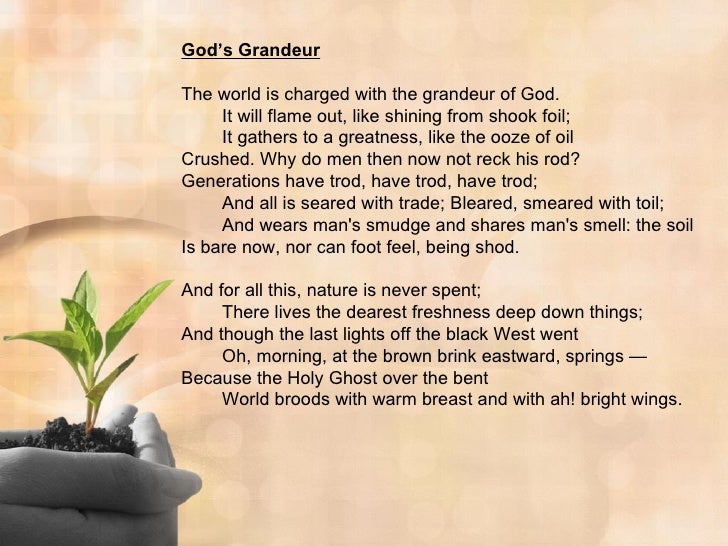In the recent issue of Bible & Life magazine a priest reflects on what a sabbatical meant for him. During the year he made the walk to Santiago de Compostela; an 800-kilometer trip carrying a backpack of 10 kilos and walking for 20 to 30 kilometers a day, it took over a month. If asked what did he get out of the trip he answers with one word—happiness.
He has never considered his life to be a happy one. Occasions of happiness were present but it was his choice of life and he worked hard in what was required, with little time for anything else; happiness was not part of his consciousness. The pilgrimage to Compostela was not easy but he wants to shout out loudly and has done so often, he was happy.
In early morning he would wake up in one of the hostels for travelers; begin his daily walk, at night go to the hostel to sleep. Each day was spent in the same way but each moment was one of great joy. Each morning he would wonder what gift would be awaiting him. Nothing special these gifts that came: a beautiful blue sky, sunbeams on the fields, the view of the outstretched road ahead, the forest and trees, flowers, the weeds at the edge of the road, the evening sky—moon and stars...and all the people he met in the villages, talk with fellow travelers, the visit to the village churches, simple prayers. All that we do every day was filled with great joy.
We have heard that God is hidden in the daily tasks of each day. We are surrounded by the presence of God. Jesus did not spend most of his time in the Temple but in the boondocks of the country area of Galilee. We in faith are living in God's world in the here and now. St.Paul expresses this with few words: "In God we live, move and exist" (Acts 17:28).
The writer thinks we are so familiar with the depravity and redemption dichotomy we forget we are to be filled with joy and happiness. All the universe was made with the outpouring of God's love. The reign of God is with us now.
Father William A Barry in his book Finding God in All Things reminds us to find God's goodness and beauty and respond to the wonders with praise and gratitude, which should fill our hearts.
When it came time to compare God's kingdom to what we know, one of the metaphors the writer found the most moving was the comparison of the kingdom to a mustard seed. Hidden in our everyday life with small acts of love—sacrifice, forgiveness, encouragement, caring, a word of kindness— without our knowing becomes a big tree with the birds coming to rest in the branches.
Our lives he compares to a trip to Compostela. Difficult but with great consolations. We have lost the ability to see the hand of God in creation. We have lost the capacity to see the splendor all around us. We are so taken up with the 'doing' that 'being' escapes us. He concludes the article with a quote from St. John of the Cross in which all of nature was his beloved: "mountains, valleys, strange islands, sonorous rivers the whistling of the air, the peaceful night, the quiet music, the sound of solitude..."
"God is love, and whoever lives in love lives in unison with God and God lives in union with him." When we walk with the beloved, all of life becomes living in God's kingdom.

No comments:
Post a Comment